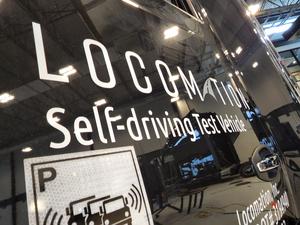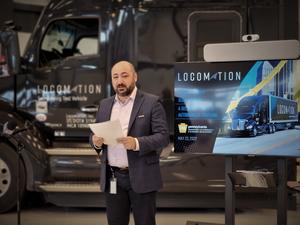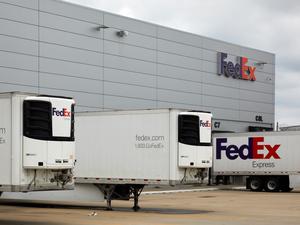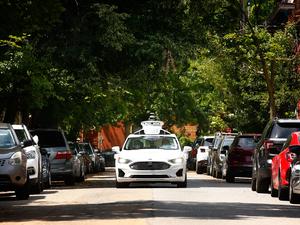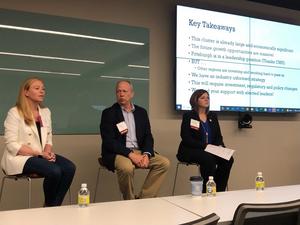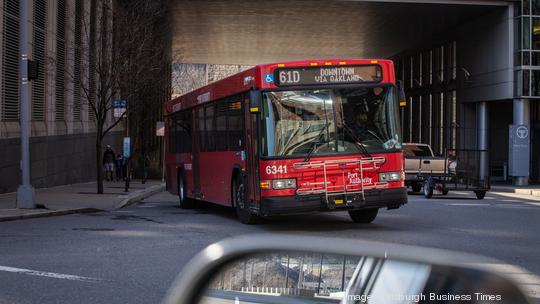
A future where buses can drive themselves and other forms of public transportation are fully automated is likely still many years out from reality, but it's a future that will bring about a fundamental impact to the way these very systems operate and serve their customers.
Anticipating this, researchers at Traffic21, a transportation research institute housed at Carnegie Mellon University, have outlined a set of five recommendations that policymakers should consider as this future drives itself closer to reality. The group also outlined the current state of automated transit offerings around the country and offered insights into the challenges that still remain before these systems can become deployed broadly as part of a 20-page policy brief document that Traffic21 published earlier this spring.
"It is crucial that public transit authorities preemptively consider the safety of incorporating automation technologies into their fleets, and train operators to work effectively with such technologies," a section of the brief's executive summary reads. "Furthermore, it will be important to collect data on automated systems via improvements in communications and data sharing infrastructure so that regulations and safety requirements can be grounded on data."
The first recommendation that Traffic21 made in its policy brief is a request that the U.S. Department of Transportation (DOT) research the new work tasks that might be required of transit workers and the stresses those tasks might bring should bus- and van-operated transit systems become autonomous. The report noted that this should include an examination of the alterations in the role that operators of these vehicles serve in — from one that might go from a supervisory role to one that might quickly transition to one that is responding to an emergency situation.
As part of its second recommendation for policymakers, Traffic21 called on the Federal Motor Carrier Safety Administration (FMCSA) and the Federal Transit Administration (FTA) to support the research of active and passive systems and how those systems could improve a transit operator’s ability to maintain safety on the road. Additionally, as new technologies in this space are developed and proven, the necessary regulation, legislation and guidance from these organizations on these tech advancements should be updated to keep up, the brief noted.
Traffic21 also suggested new oversight measures and requirements be developed by DOT and the FTA Bus Testing Program to ensure safety isn't downplayed if transit systems adopt autonomous buses and vans that are marketed as being not in need of a human operator.
DOT and the FTA ought to support a hazard analysis of advanced automation levels in transit operations, Traffic21 said, which should also include support for local authorities that might wish to implement their own hazard analyses as part of a Public Transportation Agency Safety Plan. Additionally, Traffic21 said frontline transit employees and their unions should be involved in these analyses.
Finally, Traffic21 called on DOT and its modal agencies to invest in new infrastructure innovations that would allow for data collection and sharing among agencies as it might relate to autonomous transit systems, as well as to provide oversight on automated transit operations.
"Automated vehicle technology has the potential to fundamentally impact public transit operations," the brief noted. "While private companies have ambitious plans for automated vehicle deployment, operating transit is more complex than light-duty passenger vehicles."
Nikolas Martelaro, Sarah E. Fox, Jodi Forlizzi, Raj Rajkumar, Chris Hendrickson and Stan Caldwell authored the report. It can be viewed in its entirety here.
